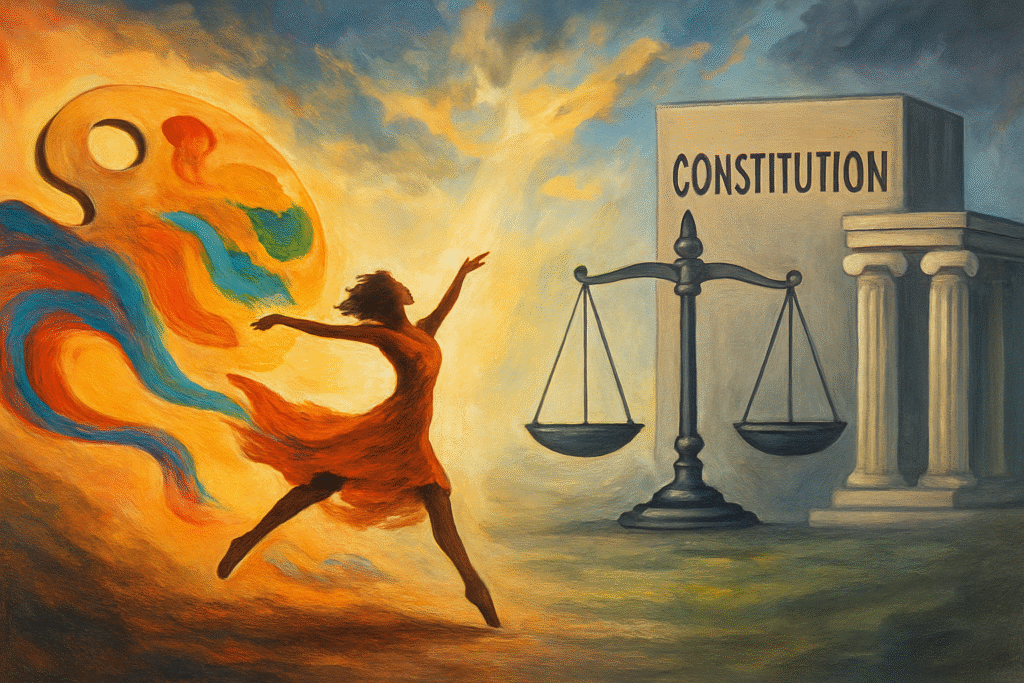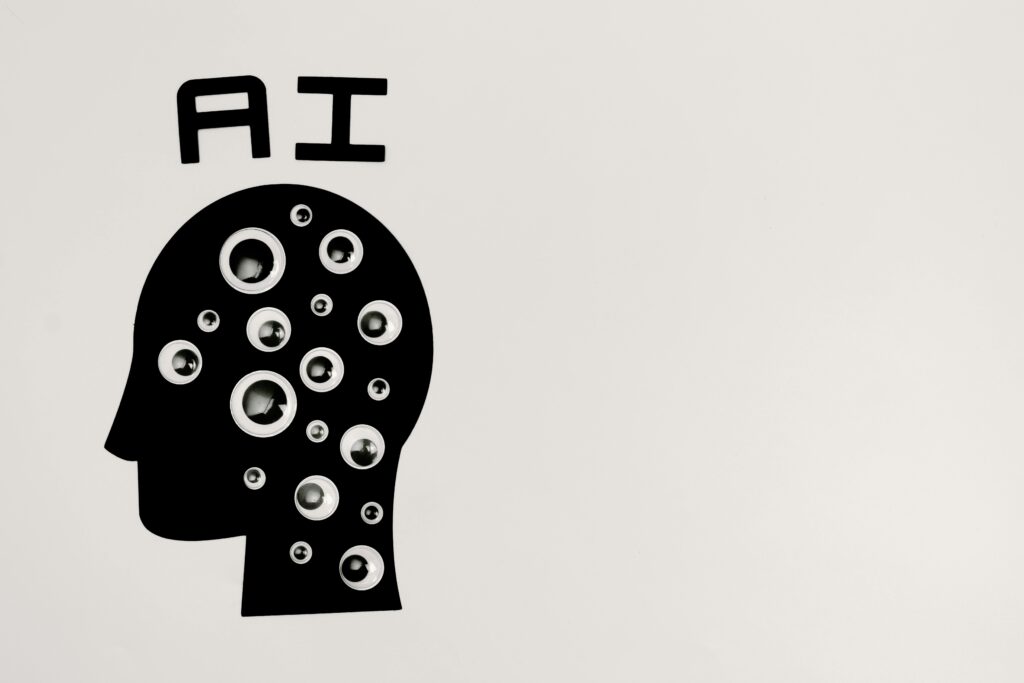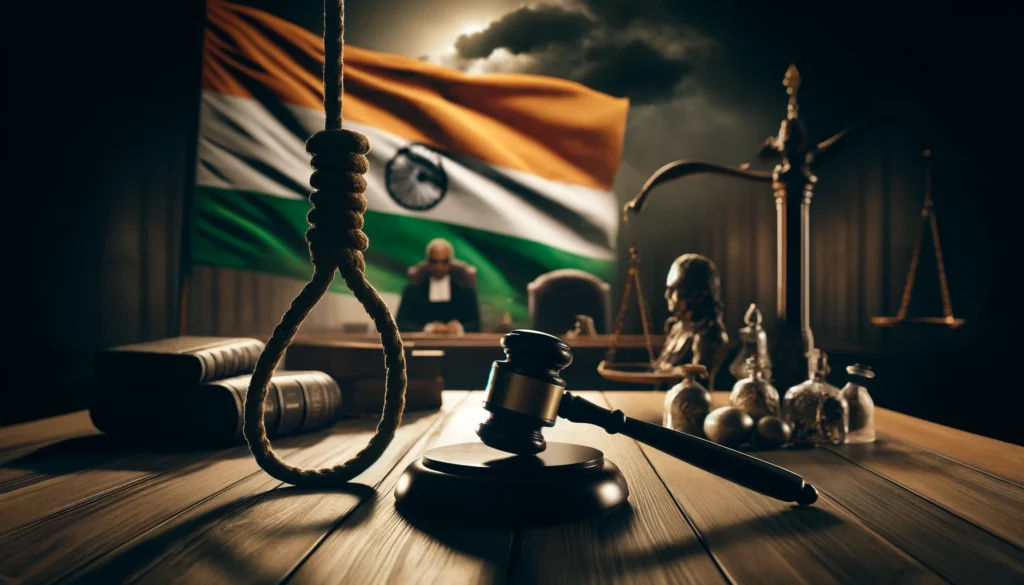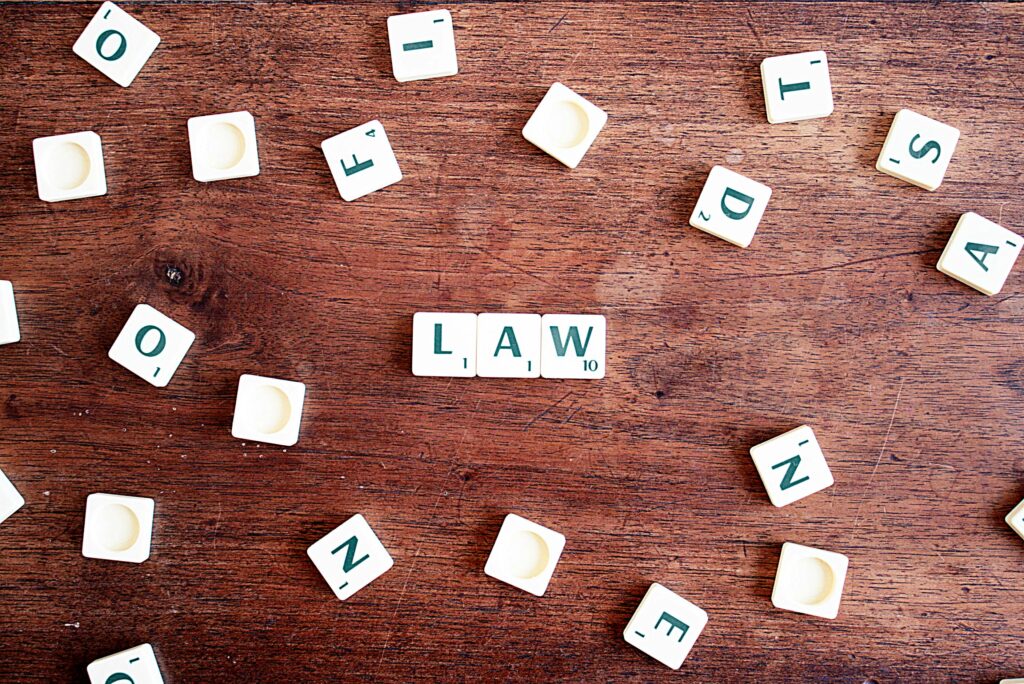Published on 17th July 2025
Authored By: Palak Parashar
Bharati Vidyapeeth Deemed to be University, New Law College, Pune
Citation: Tata Sons Ltd. V. Greenpeace International & Anr., CS(OS) No. 1407/2010 (Delhi High Court).
Introduction
The case Tata Sons Ltd. V. Greenpeace International & Anr. is one of the leading cases where intellectual property rights, freedom of expression, and environmental activism converge. This case had various underlying topics related to the use of trademarks in satirical expressions and the right to criticize the practices of corporations, and hence, it received public interest. This case can be regarded as one of the best instances of judicial conflict amongst the protection of the reputation of a brand and the promotion of free speech in democracies.
This synopsis seeks to explore the facts of the case, it’s main legal issues at stake, judicial analysis, ultimate determination, and more general implications for trademark law and activism in India.
Factual Background
This Delhi High Court case is of the year 2010. It was regarding a game of satirical nature, called “Tata vs. Turtle” that had been developed by Greenpeace.The principal investment holding company of Tata Group, Tata Sons Ltd., had sued Greenpeace International and Greenpeace India regarding this game. The game was based on the famous game known as “Pac-Man.”
The game had been created for the purpose of promoting awareness and to protest against a port construction conducted by Tata Group in Odisha’s Dhamra. Greenpeace thought that this project, being very near to the nesting site of the endangered Olive Ridley turtles, poses a great ecological risk to marine biodiversity.
The game shows turtles trying to protect their eggs and predators and construction, and included some of the elements that bore resemblance to the Tata logo.
Tata Sons alleged this as a trademark infringement, defamation, and blurring of brand image. They contended that the use of their registered trademark, without any permission, was unauthorized and hurtful.
Legal Issues
The case gave rise to a number of important legal issues : –
- Whether the employment of the Tata logo and trademark by Greenpeace in a satirical computer game constituted trademark infringement under the Trade Marks Act, 1999.
- Whether the game was defamation or disparagement against Tata Sons.
- Whether Greenpeace’s conduct was exempted as being under the right to freedom of speech and expression assured under Article 19(1)(a) of the Indian Constitution.
- Intellectual property rights vs. public interest in the case of environmental activism and satire.
Arguments of the Parties
Tata Sons Ltd. contended:
- The application of the Tata name and logo in the computer game was an infringement on their registered trademark as per Section 29 of the Trade Marks Act, 1999.
- The video game diluted and tarnished the goodwill of the Tata brand.
- The game published false and libelous information regarding Tata’s involvement in the Dhamra port project.
- Their logo used in a negative and critical context without permission was not entitled to fair use.
Greenpeace International and Greenpeace India* argued:
- The game was an act of satire and social critique, hence protected by the freedom of speech and expression.
- The purpose was to bring to light environmental issues rather than commercially use the Tata trademark.
- The deployment of the logo was symbolic and transfigurative, within the global political cartoon tradition and parody.
- Censoring the game would be tantamount to censoring criticism and discrediting environmental activism.
Judicial Reasoning and Decision
Delhi High Court judge Justice Ravindra Bhat passed a balanced order after weighing the rights of both sides. The Court denied a pre-trial injunction against Greenpeace. The Court ruled that:
- The application of the Tata logo in the satirical game was not intended for commercial purposes but to express a message regarding environmental issues.
- The game represented a parody or satire, which is accorded a level of constitutional protection as a valid form of expression.
- Trademark law must not be invoked to silence free speech, especially where the mark is used in a non-commercial, critical manner.
- The burden of proof for malice or intentional defamation rests entirely with the plaintiff, and Tata Sons had not proven sufficiently that the game translated into defamation or libel.
Justice Bhat remarked that big businesses must accept that they will face criticism, especially in matters of public interest such as the environment. The judgment tilted in favor of Greenpeace, permitting them to continue running the game without legal censure.
Legal Significance and Precedent
This case has serious implications for the meaning of trademark law in India. The judgement had articulated some of the very important principles.
- Freedom of Expression and Trademark Protection: The court has recognized that trademarks don’t exist in a vacuum. They can be subject to criticism and parody, even though they are protected, especially when such criticism or parody is made in the non-commercial sense.
- Satire and Parody as Fair Use: The court has accepted that satire and parody may be considered as valid expressions of opinion and can include trademarks in political debates or advocacy.
- Doctrine of Dilution : Tata Sons claims that the game was causing harm by diluting its mark. The court had emphasized that dilution requires evidence that harm has caused a heightened standard of damage. In this case, it had failed to prove the heighted standard.
- Commercial Use vs. Non-Commercial Use: The court emphasized the clear difference between commercial use and symbolic or expressive uses of a trademark.
- Public Interest Defense: The court’s reasoning recognized the public interest purpose of Greenpeace activism. It accepted that it was protected to criticize intentionally based on environmental advocacy.
Comparative Perspective
The US courts have been consistently recognizing parody, satire, and non-commercial use of trademarks as protected under the fair use doctrine. In the case of Campbell v. Acuff-Rose Music, the Supreme Court had endorsed a parody’s use of a copyrighted work.
The Tata case indicates the relevance of Indian law with the global trends. It suggests securing a tacit balance of intellectual property rights and freedom of expression.
Criticisms and Challenges
Despite the progressive nature of the judicial decision, there were numerous criticisms and controversies:
- Lack of a clear Fair Use doctrine in India: There is still no clearly articulated doctrine of fair use in trademark law in the India legal system, as we see in the law of copyright. This particular case exposes the vagueness of Indian jurisprudence with respect to satirical or parodic use of trademarks.
- Corporate Power and SLAPP: Some critics believe that Tata’s lawsuit is paradigmatic of a SLAPP—the suit appears to be an attempt to intimidate activists and harass them, rather than seeking legal remedy.
- Boundaries of satire: It is unclear when satire can be considered defamatory or infringing. Future lawsuit may help in clarifying this.
- Problems with Inconsistency: Indian courts are inconsistent about expressivity through trademark use, which may leave activists and artists ambiguous.
- Disproportionate Resources: These kinds of cases demonstrate this disconnect between the resources available to the large, socially and economically powerful corporations, and those available to independent and civil society organizations, which is disturbing in terms of access to justice.
Effects and Implication
The decision in Tata v. Greenpeace has had consequential effects in India on the law, as well as civil society:
- Empowering Activists: It was a victory for civil rights and environmental activists, reinforcing their position to criticize powerful organizations.
- Judicial Complexity relating to Parody and Satire: It allowed for more subtle judicial treatment of parody and satire in matters concerning intellectual property.
- Public Discourse: It enriched the broader discourse on environmental stewardship, corporate accountability, and freedom of expression.
- Trademark Law Development: It will add to the developing body of jurisprudence around expressive and symbolic use of trademarks, possibly leading to the future media, academic, and advocacy.
Recommendations and Way Forward
- Codifying Fair Use in Trademark Law: Indian law needs to explicitly recognize fair use, parody, and satire as exemptions from trademark law.
- Anti-SLAPP Laws: India should introduce anti-SLAPP laws to prevent baseless suits designed to prevent free speech, similar to US anti-SLAPP laws.
- Training/Guidance More About IPR and Expressive Rights for Judges: Judges should be made aware about the international trends on judging IPR with free expression; just to better develop and consistent judgments.
- Publicly on Fair Use: Teach the public, NGOs, and authors what rights they have in using trademarks in non-commercial situations.
- Judicial Instructions: Establish judicial instructions to determine if something is satire/parody for trademark law, looking at context, intent, and public interest.
- Promoting Alternative Dispute Resolution (ADR): Issues relating to expression and IPR can often be resolved informally. Mediation as a mechanism of recourse before resorting to court should be advocated/ promoted and encouraged.
- Moving Forward with Free Expression”: Freedom of speech is a fundamental right in the Constitution and should be given priority; especially when dealing with issues of public interest/democracy accountability.
Conclusion
The Tata Sons Ltd. V. Greenpeace case is a landmark decision that both exemplifies a certain need for balance between trademark protection and freedom of speech. The Delhi High Court adopted a rights-based perspective as it weighed civil liberties, Green activism, and artistic freedom, and ultimately favoured Greenpeace.
While the decision to not limit the possible contours of what constitutes satire, or fair use was significant in and of itself as a future law indicator, this case will continue to resonate, as India’s developing digital and socio-political times evolve. In this regard, it was a good benchmark for future legal and civic discussions.
References
- Tata Sons Ltd. V. Greenpeace International & Ors., 178 (2011) DLT 705 (Del).
- Constitution of India, art. 19(1)(a).
- Trade Marks Act, 1999, No. 47, Acts of Parliament, 1999 (India).
- Campbell v. Acuff-Rose Music, Inc., 510 U.S. 569 (1994).
- Hustler Magazine, Inc. v. Falwell, 485 U.S. 46 (1988).
- Narayan, Intellectual Property Law (Eastern Book Company, 6th ed. 2017).
- Madhavi Sunder, “IP3: Intellectual Property and Public Interest,” 101 Georgetown L.J. 1615 (2013).
- Pranesh Prakash, “Fair Use and Free Speech in India,” Centre for Internet and Society, 2011.




